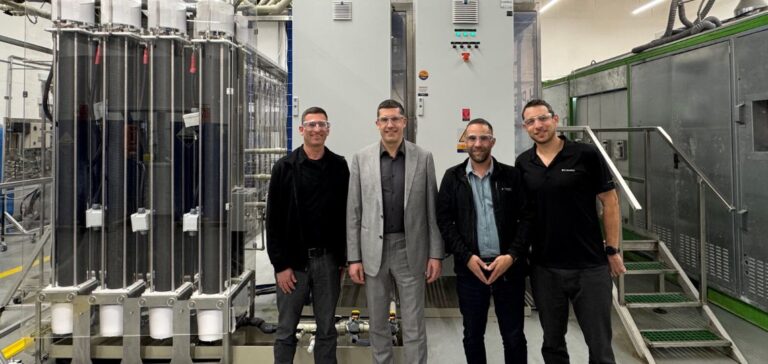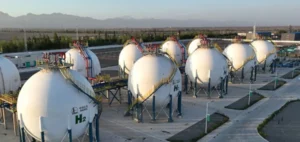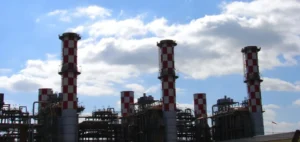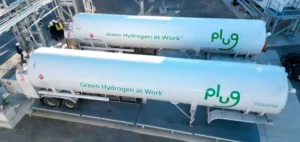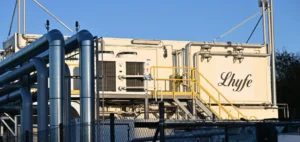Latvenergo, Latvia’s leading electricity provider, has signed a memorandum of understanding with Israeli technology firm H2Pro to assess the practical deployment of an innovative decoupled electrolysis technology. The agreement includes a demonstration pilot project involving a 5 megawatt (MW) electrolyzer to determine its operational relevance and financial viability at an industrial scale. The core challenge will be assessing the system’s capability to manage intermittent energy fluctuations associated with Latvia’s renewable energy sources, notably from wind and photovoltaic parks. This pilot aims to provide precise economic data to support potential future industrial-scale implementation decisions.
Technology and objectives of the pilot project
H2Pro’s decoupled electrolysis technology involves separating the conventional electrolysis process into distinct stages, potentially significantly reducing capital expenditure (CAPEX). For Latvenergo, this economic model’s validity is critical; the company has clarified that any future expansion must demonstrate profitability independent from public funding mechanisms. This test aims to accurately determine the actual economic potential of decoupled electrolysis under conditions representative of Latvia’s energy infrastructure. The outcomes will shape decisions regarding the viability of wider industrial adoption.
Governmental support and European financing
The Latvian government has expressed explicit strategic support for this initiative, highlighting a national interest in developing a commercially self-sufficient hydrogen sector to enhance the country’s industrial competitiveness. Institutional backing is expected to facilitate access to specific European Union financing sources but will not replace the necessity for independent economic validation of selected technologies. The ultimate goal remains identifying the genuine market conditions that can ensure economic sustainability without public financial support.
Strategic European context for industrial deployment
The Latvenergo agreement aligns with a broader context in which multiple European stakeholders seek to establish concrete conditions for economically viable deployment of new energy technologies. Latvenergo’s collaboration with H2Pro involves practical testing of a technology whose industrial-scale economic and operational parameters still require validation. The findings from this partnership will provide critical data enabling European industrial stakeholders to accurately assess similar technological approaches, informing strategic decisions regarding future deployments.


